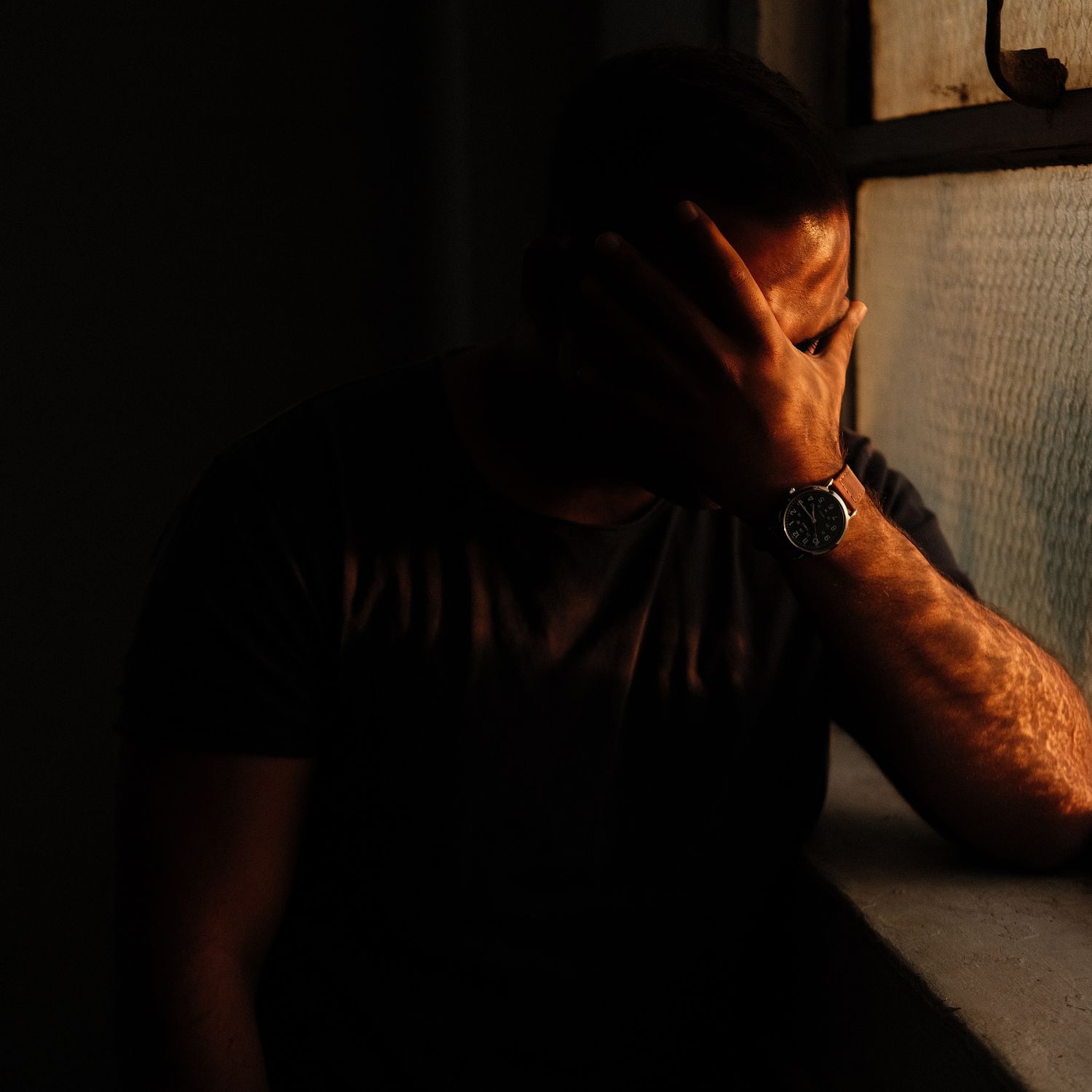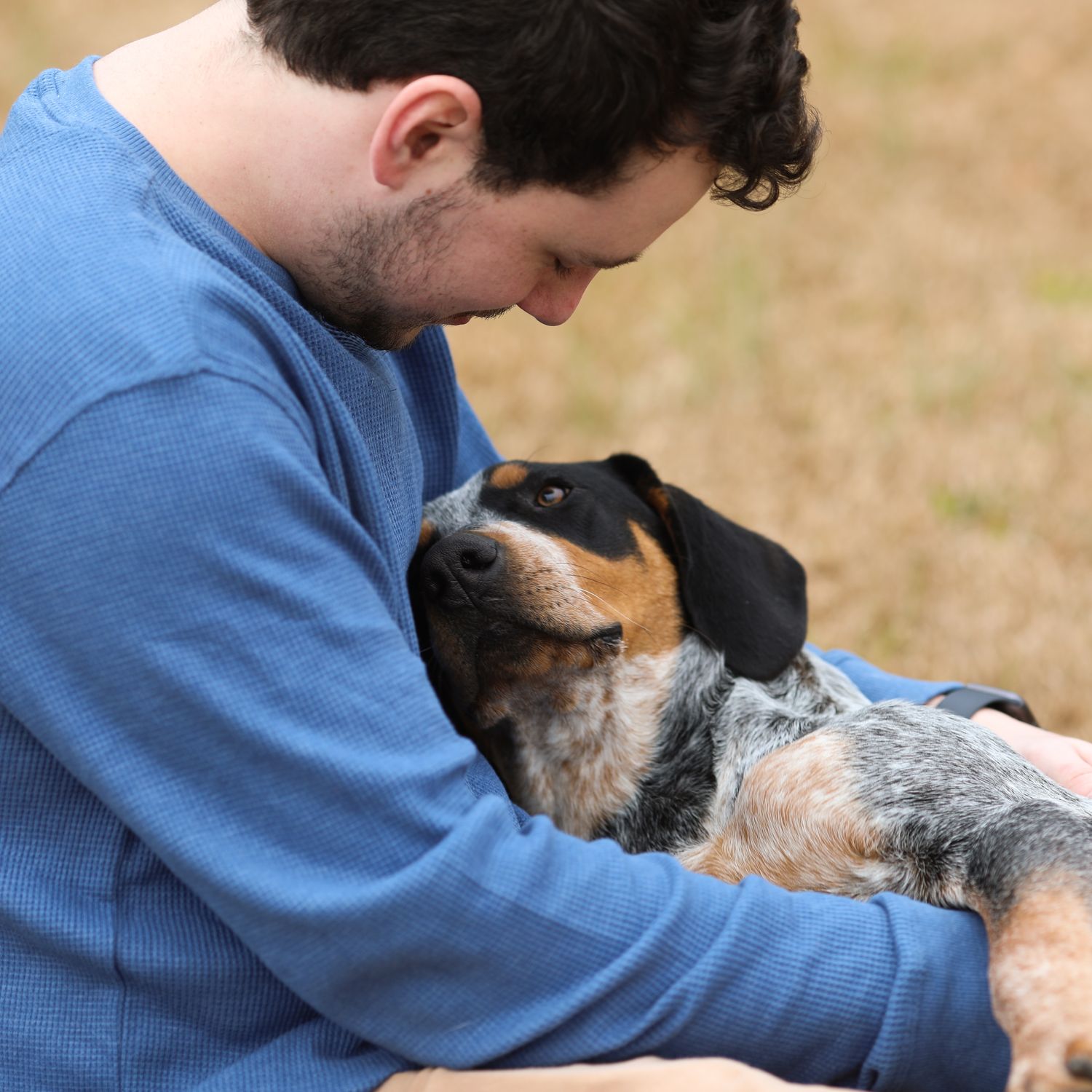Addiction and loneliness
It’s not uncommon for people to think that they will feel lonely when starting out in addiction recovery. There are several reasons for this. If you’ve just come home from inpatient addiction treatment, where you were around people most of the time, you might suddenly find a normal amount of alone time a shock. The faces you might have seen everyday are no longer there. However, when you leave treatment there will always be an aftercare support plan in place and encouraged to join local fellowships. Once you have gone to support meeting and find a sponsor they will be avaliable for you whenever you may need help or advise.
When beginning recovery, you may find friends and acquaintances who use drugs and alcohol difficult to be around. Even if they don’t pressure you to drink, use drugs or participate in a certain behaviour, the association might trigger a craving. You may find that your values and attitudes towards life no longer a line. By doing this you may feel lonely but it is important that your own recovery comes first.
Loneliness can have real consequences for your recovery, your mental health, and even your physical health. Loneliness and boredom often trigger cravings. Feeling both bored and sad is a bad combination for recovery. This is why it is important to stay connected with your recovery network.
It’s important to remember that loneliness isn’t just the absence of companionship; it’s the presence of psychological stress. Studies have shown that loneliness is linked to a greater likelihood of high blood pressure, diabetes, depression, and psychological distress. If you’re feeling lonely in recovery, here are some suggestions for what to do about it.

One of the most important ways to help yourself deal with loneliness in sobriety is to allow yourself to grieve your old, substance-dependent self. Often it takes healthy mirrors to remind us what we were like in active addiction and connecting with others that work the programme can help you Identify that you’ve gone through a major change. By being around others that are also in recovery they can help you to begin to address your situation openly and honestly.
To help process these emotions or previous trauma you may want to consider working with a therapist. Connecting with a support group will make you feel less alone and face-to-face contact is important. This acts as a replacement for the addiction and/or the loneliness you might feel in recovery. Social media connects people on a superficial level, but it doesn’t actually promote strong, meaningful interpersonal connections.
Just because you’re in recovery doesn’t mean your whole life has to revolve around that theme. Book clubs, exercise classes, church groups, cooking classes, and so many other hobbies can help to lead a fulfuling life.
Focus on finding healthy ways to spend time rather than fixating on feelings of loneliness. You might want to help others through volunteering or by adopting a pet. Caring for a home, a garden, animals, or other people can add purpose and small joys to your life.
As one of the 12 steps dictates, make amends. Apologising for the negative impact substance abuse has had on a relationship can sometimes allow you to regain a support system you value. Only do this if it doesn't cause any harm. This relates to the 12-step programme and how it encourages to give back service.
And finally, be patient with yourself and your journey. Rebuilding your life takes time. This is why there is a 12-step programme as it is a process in which it gives a structure to how to live your life.

- Lost contacts – While people who experience addiction may have once had plenty of family and friends, it is not uncommon for them to lose contact with these people while engaging in prolonged substance abuse.
- Unhealthy contacts – By the time they are able to get sober, people who’ve struggled with addiction may have isolated themselves from everyone except their acquaintances who also use substances. According to an article by a woman with 5 years of sobriety, friends who are still drinking or using may be inclined to:
- Pretend you aren’t getting sober
- Pressure you to drink
- Question your decision to get sober
- Say things that are generally unsupportive
- Stop talking to you completely
- No one who can relate – Even if they do have supportive friends and family, people who are now in recovery may not feel like their loved ones fully understand their disease and what they are going through.
- Unsure how to make new friends – If social activities used to revolve around drinking or getting high, it may be difficult to know how to begin making new friends without seeing some potential triggers. People often use alcohol or drugs to feel less awkward in situations which is why this may be difficult.
- Unable to embrace solitude – A person may need time to adjust to the notion that not all time alone needs to be lonely. There can be joy and peace in solitude.
- Rejection for being sober – some people simply refuse to be in a relationship with a person who chooses recovery.
